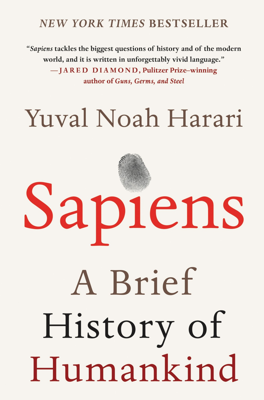The Discovery of Ignorance
Yuval Noah Harari discusses how the last 500 years of human history have been characterized by an unprecedented growth in human power, including industrial, economic, and technological advancements. This transformation was enabled by the Scientific Revolution, which fundamentally altered human understanding of reality by admitting ignorance and promoting research to acquire new knowledge and powers. The chapter traces the development of humanity's increasing control over the world, exemplified by advancements such as circumnavigation of the globe, achievements in space travel, and new understandings of microorganisms.
The Scientific Revolution initiated a shift in perspective, wherein humans no longer accepted death as an inevitable fate but began to view it as a technical problem that could potentially be solved through scientific advances. This modern outlook is a radical departure from ancient civilizations' acceptance of human limitations, and it has fueled ongoing research aimed at extending human life and, ultimately, achieving immortality.
Harari identifies funding as a critical factor for scientific progress, pointing out that scientific projects often depend on economic, political, and religious interests. For instance, geographical and biological research were funded because they were expected to yield practical benefits like new weapons or economic profits, rather than from a pure quest for knowledge. This interest-specific funding has shaped the direction of scientific research, influencing which projects receive support based on the perceived benefits to funders.
The chapter also addresses the potential conflicts within the scientific community regarding the goals and applications of research. Specifically, it discusses the ethical considerations and societal impacts of using genetic knowledge to manipulate human biology, highlighting the role of ideologies and political agendas in shaping scientific endeavors.
By linking the progress of the Scientific Revolution to the agendas of imperial and capitalist forces, Harari sets the stage for a discussion on how these entities have exploited scientific discoveries for their own gains, which will be further explored in subsequent chapters. Thus, the chapter underscores the intertwined relationship between knowledge, power, and socio-political dynamics in the advancement of human societies.
